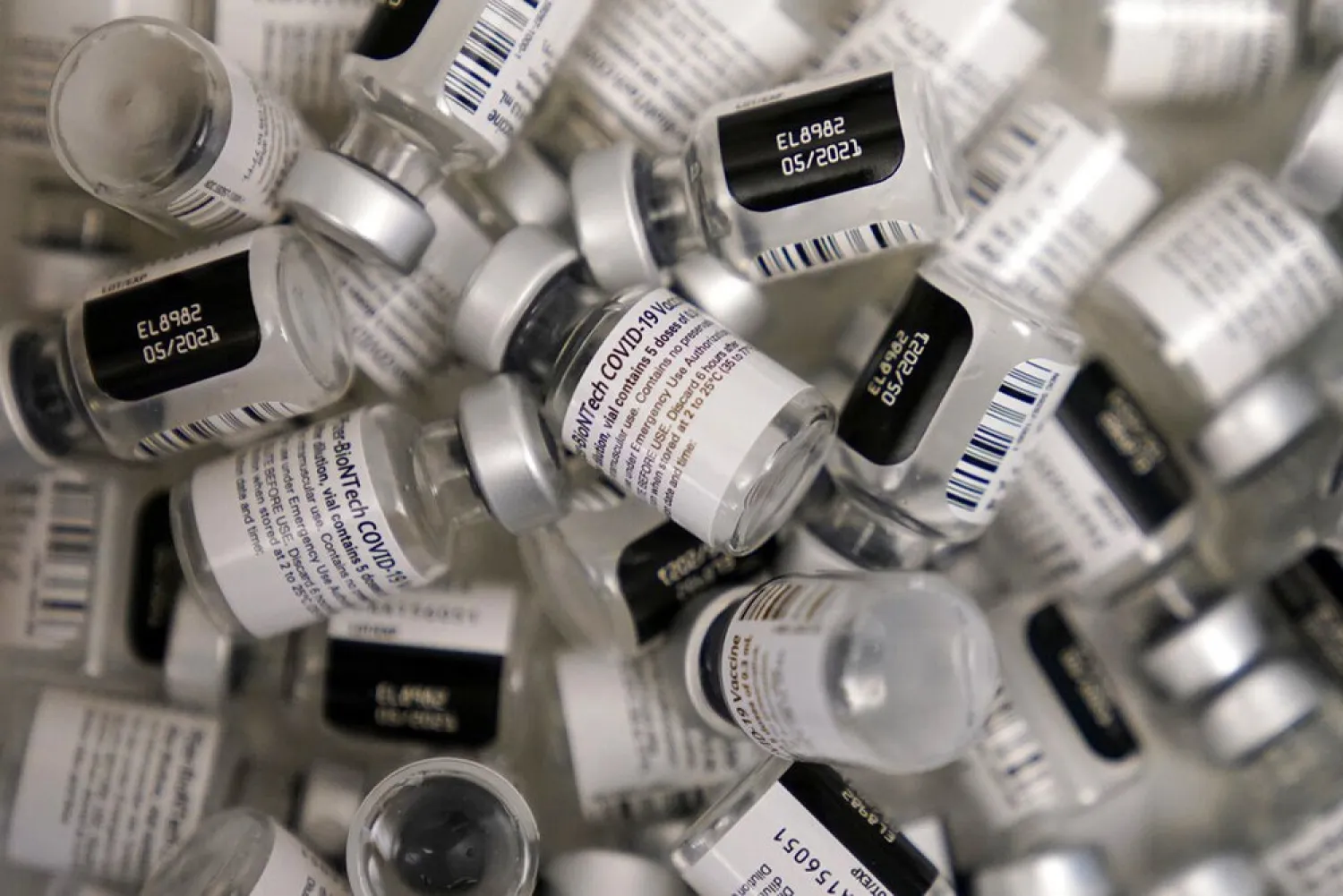Syria will take delivery within weeks of its first COVID-19 vaccines from the global vaccine sharing platform COVAX, allowing it to kick off its national inoculation program as early as next month, the UN health agency’s country head said on Wednesday.
The first shipments are from a consignment of one million doses of AstraZeneca Serum Institute India (AZSII) vaccines, Akjemal Magtymova, head of the World Health Organization’s Syria mission told Reuters from Damascus in a phone interview.
The COVAX drive to ensure equitable access to COVID vaccinations globally was a relief for a war-torn country whose health system and financial resources have been severely strained, Magtymova said.
The first rollout that could begin as early as end of April or early May aims to inoculate nearly 20 percent of Syria’s population by year-end or almost five million people in both government held areas and the northeast and northwest.
The Damascus government’s national program across state-run territory where most of the country’s nearly 20 million inhabitants live will deploy dozens of teams across 76 hospitals with over 300 mobile units to access hard to reach areas.
Magtymova said 336,000 doses would also be delivered to non-government controlled northwestern Syria through cross-border partners from Turkey’s Gaziantep crossing.
Another 90,000 vaccines will go to Kurdish-held northeast Syria, with mobile teams to reach camps where tens of thousands of displaced families live.
Health workers and frontline social workers are among the first 3% of the population to be vaccinated by June when a second phase then begins for a remaining 17% of Syrians aged 55-60 years onwards and with chronic diseases.
A small batch of 5,000 doses of China’s Sinopharm vaccine were the first to be delivered to Syria, outside the COVAX initiative, as a donation from China for frontline health workers, health officials say.
Western NGO’s say that apart from the logistics of arranging vaccinations across combat frontlines, Syria faces the additional hurdle of international financial sanctions.
“We operate in an extremely challenging and volatile environment, with many unknowns and have to deal with moving parts,” Magtymova said.
Syria was hard hit by the pandemic last year during two spikes in August and December and health workers cite a rise in infections in the last month.
“We are witnessing a reported increase in cases, however we need more detailed data to understand the epidemiological situation,” the UN health official said.
There have been 45,453 reported cases and 1,761 deaths across the whole of Syria since the first cases surfaced a year ago, according to the latest WHO data.









